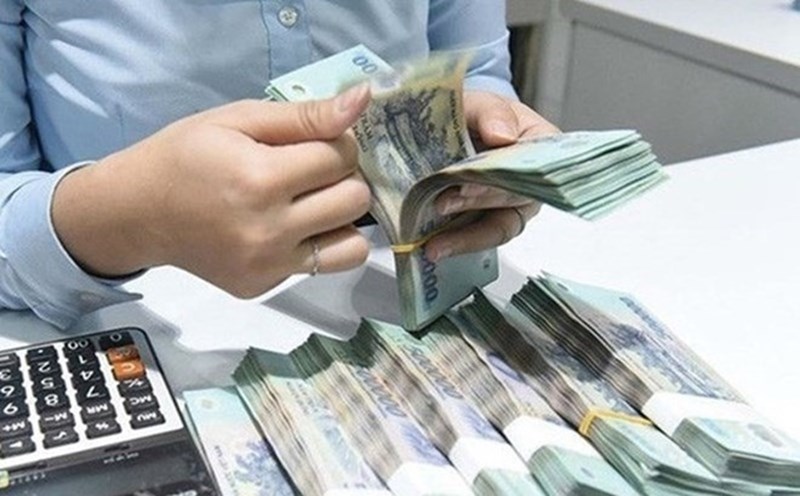Concerns about increased commodity prices
From January 1, 2026, according to the policy of eliminating contract tax, the Ministry of Finance proposes to add a method of calculating tax based on income instead of revenue. That is, individuals and business households can pay 17% tax on interest.
This calculation is similar to the provisions of the Law on Corporate Income Tax, which applies a tax rate of 17% for small and medium-sized enterprises with a revenue of VND3 - 15 billion per year.
Ms. Hoang Ha, a business owner in Thanh Hoa, shared: Carrying 17% of your income is too high for small businesses. Currently, in addition to taxes, we also have to pay bank interest of about 12%/year for loans. Not to mention the cost of staff, electricity, raw materials... luckily, my facility does not have to rent the premises, if there are additional rental costs, it will definitely not be able to bear it. If we add all, the actual net interest received is significantly eroded, having to pay an additional 17% of the remaining tax will create great pressure. For small business households with limited resources, such taxes make us worry about the ability to maintain long-term operations.
"If the tax increases, our business household is forced to increase the selling price of goods and services to cover the cost. However, when selling prices increase, customer purchasing power will decrease, making it more difficult to compete with large enterprises or supermarkets. Thus, the tax burden not only makes businesses struggle to maintain operations, but can also push up market prices, and consumers also suffer.
Meanwhile, Ms. Le Thuy, the owner of a household appliance business in Hanoi, said: "The tax rate is based on income instead of revenue, which will accurately reflect the actual capacity of each establishment. If business is difficult and costs are high, the tax payment will also decrease, there is no longer a situation of having to pay a fixed contract as at present. However, the rate of 17% is still quite high compared to the endurance of small business households. We hope the State will consider applying a lower tax rate, such as 10 - 12%, or have a roadmap to gradually increase it, so that businesses have time to adapt."
There needs to be a multi-level roadmap
Mr. Nguyen Quang Huy, CEO of the Faculty of Finance - Banking, Nguyen Trai University, commented that for the 17% tax rate on profit, this calculation is reasonable when similar to the corporate income tax currently applied to small and medium-sized enterprises with a revenue of 3 - 15 billion VND per year. That shows the spirit of equality in obligations between business households and enterprises, when creating profits together, it is necessary to share responsibilities with the State budget at a similar level.
However, it is necessary to consider because business households often do not have a professional accounting system, the cost of tax management is higher, while the habit of paying light taxes has existed for a long time. If applied simultaneously at 17% from the beginning, it will create a feeling of being "overwhelmed" by businesses, while the conditions and support tools are not balanced.
Mr. Nguyen Quang Huy suggested that it should be implemented according to a multi-level roadmap: small-profit households can apply a rate of 5 - 10%, average households 12 - 15%, and large households (attacking businesses) at 17%. Along with that is support for simple accounting tools, applying a standard cost mechanism for each industry to reduce controversy, and at the same time having a 1-2 year transition period with a mechanism for exemption and reduction for small households to get used to the new calculation method.
"In terms of orientation, this is the right step, with long-term reform, linking business households with transparency and tax fairness. However, with a tax rate of 17%, there needs to be a suitable roadmap, layering and specific support, so that the policy is both fair and feasible, avoiding "shocking" an area that is making an important contribution to the economy", he emphasized.








